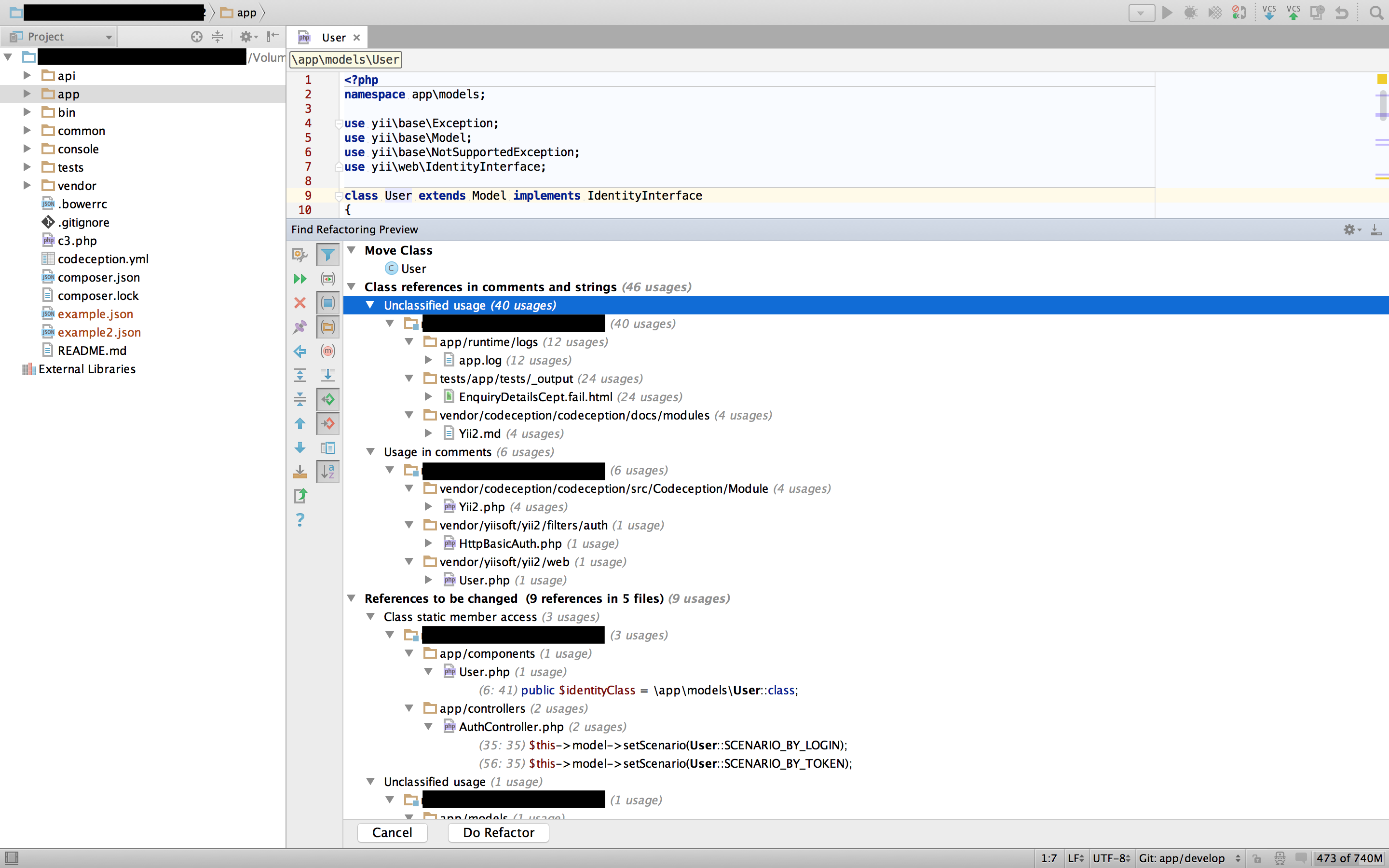Intro
Oh wow — it’s already over, but I’m still riding the emotions from this conference. That’s why I’m here, writing this article for you. I hope you can learn something from my experience and maybe you’ll soon find yourself as speaker/trainer at your very first conference — either in your country or abroad 🙂
I’ve been a public speaker since 2023, and ever since then I’ve been applying to multiple conferences. I’ve spoken at events across Poland, sharing my experience and ideas, but for a long time I couldn’t quite make it happen abroad… until SymfonyCon 2025! I’m truly happy it finally worked out 🔥

In this article, I want to cover everything related to this trip, so treat it as a practical guide on how to apply, prepare, and perform on an international stage — especially if you’re thinking about submitting your own talk or workshop.
SymfonyCon is the flagship annual conference for the Symfony community — the main event for anyone building with Symfony in PHP. There’s only one SymfonyCon each year, but the ecosystem also includes local SymfonyDay and SymfonyLive conferences/meetups, as well as SymfonyOnline, the online-only conference.
I’ve decided to apply with multiple talks and one workshop, but only the workshop got selected – Refactoring towards Clean Architecture. In this workshop I teach how to refactor the application written in a framework way into Clean Architecture. You can find more (what it is about, outcomes, agenda, etc.) on the dedicated page.
Continue reading SymfonyCon 2025: My First International Workshop Experience








